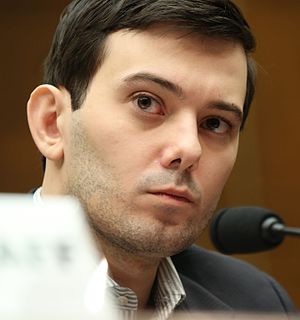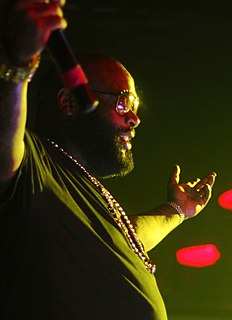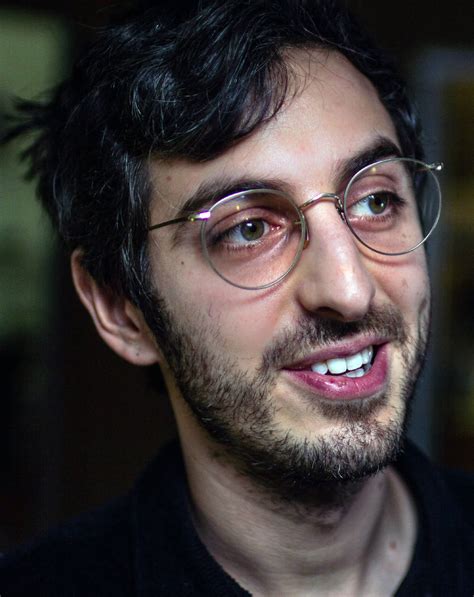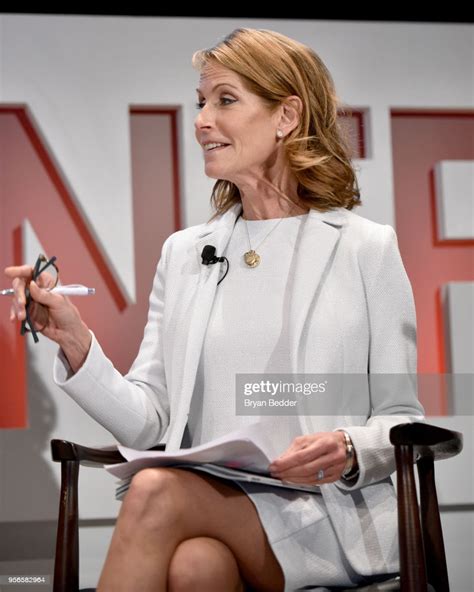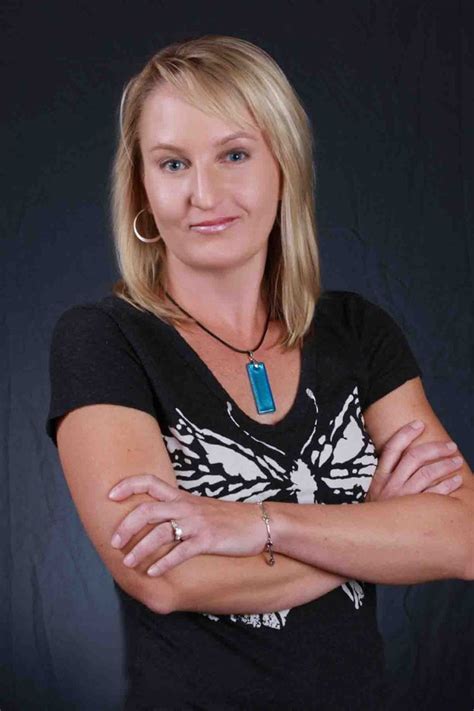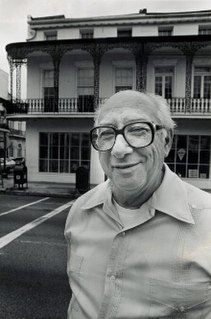A Quote by Martin Shkreli
Most of the drug CEOs I know, they're not themselves - they're what people want them to be. It's pretty obvious of the different drug executives. They're old white men, very buttoned up. They're appropriate, so to speak. I'm a little bit more irreverent, and I'm not going to change just because I have this job.
Related Quotes
Drug users made me. They taught me. I didn't know how to work a scale; I didn't know what a gram was. Drug users taught me the business. They're going to teach it to the next guy, because they want a good drug dealer, one they can trust, one that's not going to rob them, one that's not going to cheat them out of their money, one that's not going to sell them fake dope. That was me. They're going to find another one because they're going to be looking for that guy every single day until they find him.
I do not believe that marijuana is a gateway drug, and having been a mayor trying to keep my community safe, if there was any drug that was driving violence, more than marijuana, it was alcohol which is legal. And so I just don't think this is a gateway drug. And by the way, if you regulate it you're actually going to overcome a lot of problems with people having to go to the streets to buy their drug. You don't know how dangerous that is.
When the FDA forces an old drug off the market, patients have very little say in the matter. Patients have even less of a say when the FDA chooses not to approve a new drug. Instead, we are supposed to rely on the FDA's judgment and be grateful. But can the FDA really make a choice that is appropriate for everyone? Of course not.
Some of the folks we see are in for defending themselves against their abusers, or drug charges that, because of the California state prison system, they have mandatory sentencing and life in prison for three counts of simple drug possession, or whatever. I find it not only helpful but, I think, necessary in maintaining my grounding and my perspective. Because music is such an unrealistic job to have. It's a really lucky job to have, but it's also very unrealistic.
If you had a magic wand today, and you had one wish - to wipe out all the drug dealers, take them all off the streets and put them in jail, no trial, everybody who sold drugs would automatically be convicted. You know what's going to happen? There's going to be new ones. Why? Because the drug users are going to create them.
In the 1990s - the period of the greatest escalation of the drug war - nearly 80 percent of the increase in drug arrests was for marijuana possession, a drug less harmful than alcohol or tobacco and at least, if not more, prevalent in middle class white neighborhoods and college campuses as it is in the 'hood.
Simply because you take drugs does not mean you are an expert on them. In fact, there seems to be an inverse relationship between drug consumption and drug knowledge: more of the former results in less of the latter. If that seems obvious, you have probably gone easy on the former, though this relationship only applies to curious people who are seriously interested in drugs.
When a drug comes out [that's broadly prescribed] there are going to start to be a lot of people on it [in a million person cohort] and you might get therefore an early signal of something unexpected that hadn't come through in the clinical trials. And I'm sure [drug companies] would love it if, in fact, FDA, recognizing that, would say, OK, maybe you don't have to do your trial with 30,000 people because we're going to find out shortly after registration because we'll have a lot of people taking the drug and we'll be able to see what happened using PMI.
The War on Drugs is a war on people, but particularly it's been a war on low-income people and a war on minorities. We know in the United States of America there is no difference in drug use between black, white and Latinos. But if you're Latino in the United States of America, you're about twice as likely to be arrested for drug use than if you're white. If you're black, you are about four times as likely to be arrested if you're African American than if you are white. This drug war has done so much to destroy, undermine, sabotage families, communities, neighborhoods, cities.
